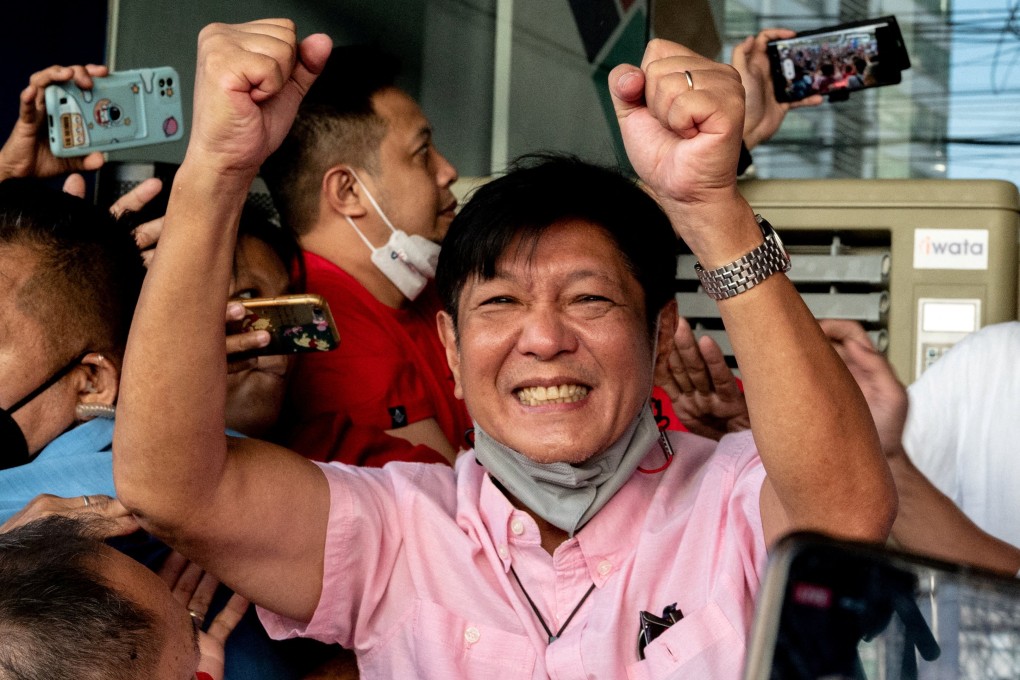Then & Now | Nostalgia helped ‘Bongbong’ Marcos to power in the Philippines. Will Hong Kong one day feel nostalgic for Carrie Lam’s time as chief executive?
- The election of ‘Bongbong’ Marcos in the Philippines shows how nostalgia for previously discredited regimes is being cynically exploited by modern politicians
- Around the world, the follies and horrors of the past – with all their material waste and human tragedy – seem destined to repeat themselves

Political nostalgia is a curious phenomenon. Were “the good old days” really that great, except when safely observed through memory’s selective rear-view mirrors? Or were earlier times much like today, just populated by long-dead, differently dressed people, whose thoughts, feelings and motivations were otherwise similar to now?
That grimly humorous behind-the-Iron-Curtain-era observation about Communist-ruled societies – the present and future are predictable, but the past can suddenly change beyond recognition – remains true in today’s world.
Racial nationalism, stoked by perceived challenges to national identity, combined with well-choreographed historical grievances and confected nostalgia for a supposedly brighter past, becomes potent, readily exploitable political currency for authoritarian regimes, especially in economically uncertain times.
A nagging sense of being short-changed, dragged down and done-unto by the machinations of “foreigners” – or shadowy “elites” in league against the average person – are exploited by populists with their own agendas. Once discredited ideologies, which – optimists earnestly hoped – had been permanently consigned to history’s ash heap have been resurrected by these methods in recent years.
All over the world, the 20th century’s follies and horrors – with all their material waste and human tragedy – seem destined to repeat themselves.

